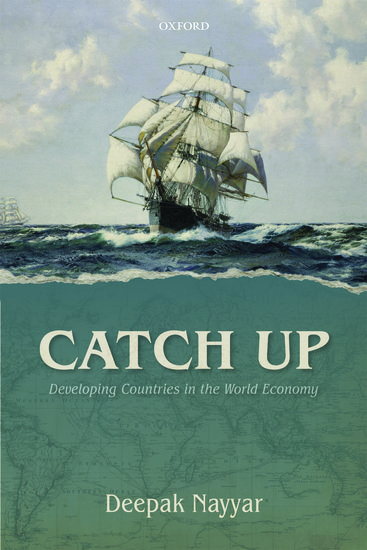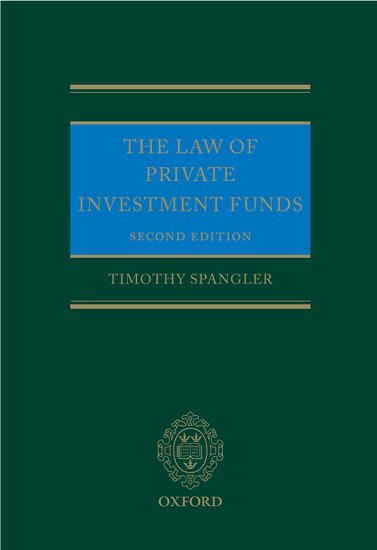The changing face of war [infographic]
In a world of 9.1 billion people… where 61% of the world’s population lives in urban centers… primarily with coastal cities as magnets of growth… and the people within these cities becoming ever more connected… with mobile phones as tools for destruction…








